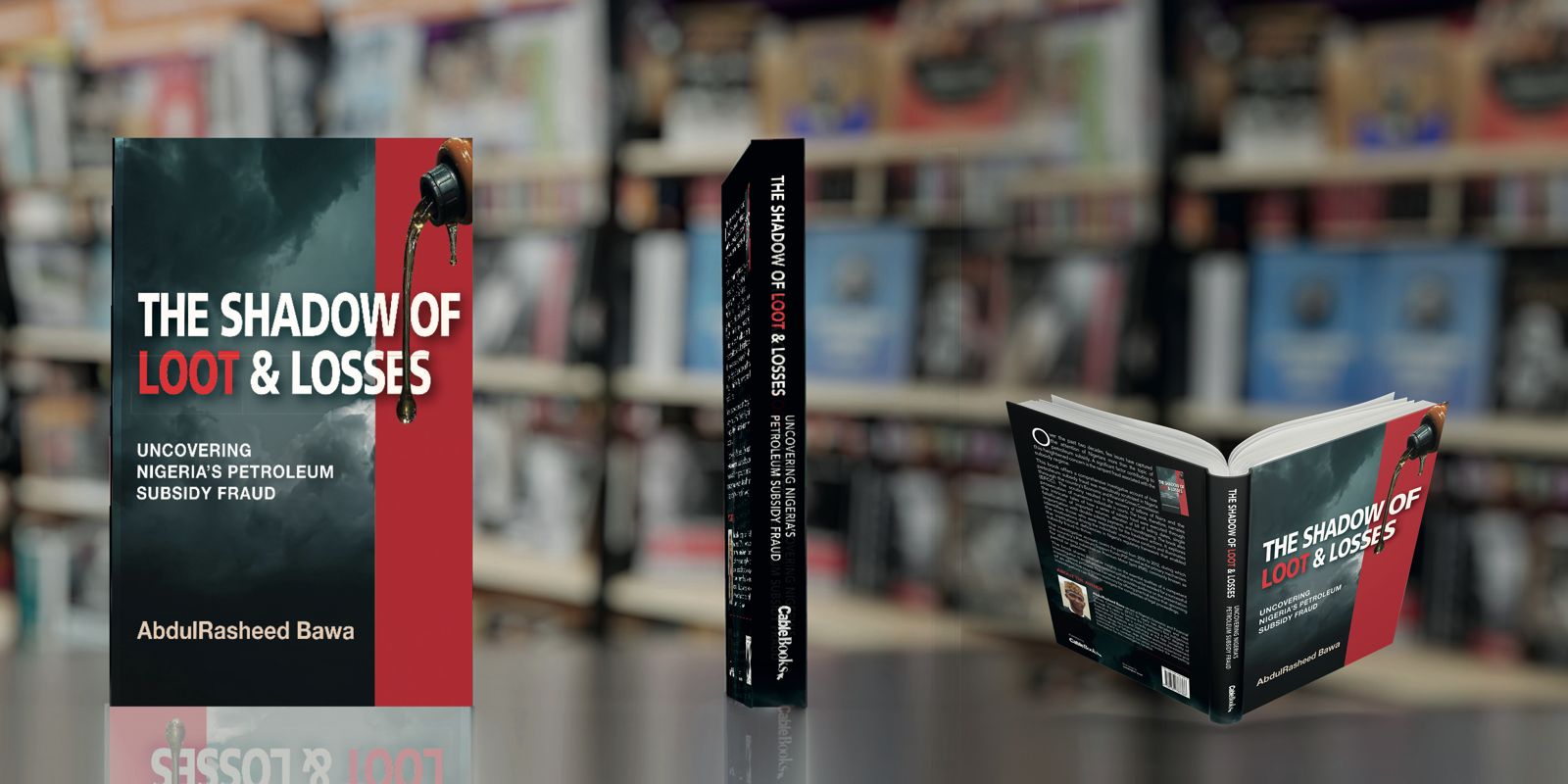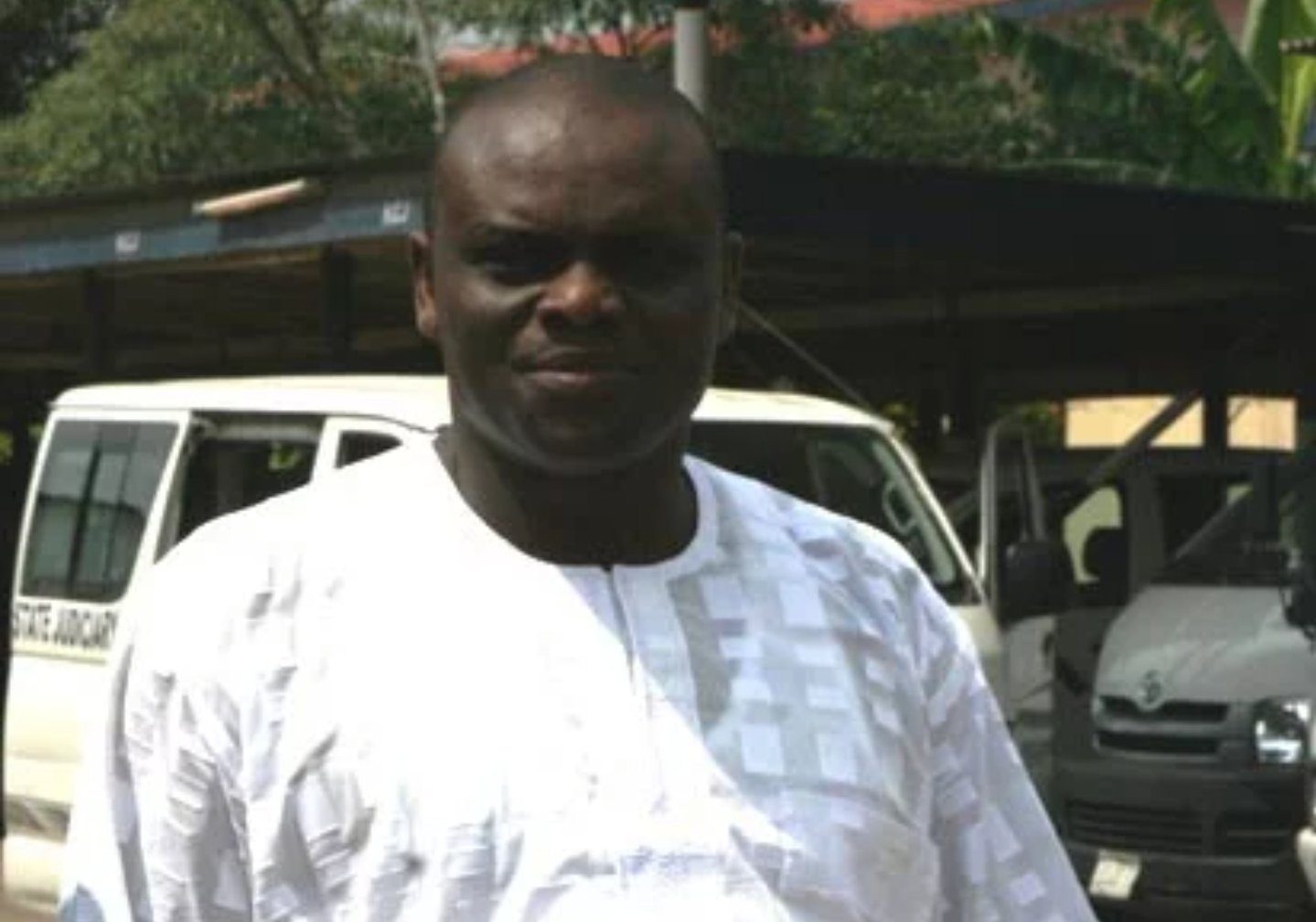Former EFCC Chair Abdulrasheed Bawa Releases Book on Fuel Subsidy Scam

Abdulrasheed Bawa, the former chairman of Nigeria's Economic and Financial Crimes Commission (EFCC), has authored a significant new book titled "The Shadow of Loot & Losses: Uncovering Nigeria’s Petroleum Subsidy Fraud." Published by CableBooks, an imprint of Cable Media and Publishing Ltd, and set for release on June 5, the book aims to provide the most authoritative account to date of the multi-trillion-naira fuel subsidy scandal that has plagued the nation, unraveling the intricate workings of one of its most pervasive financial crimes. The book will be distributed nationwide by Roving Heights Bookstore.
Bawa, who headed the EFCC from February 2021 to June 2023, draws extensively from his firsthand experience as a key investigator on the EFCC’s special team that probed the 2012 subsidy fraud. This unique position provides him with rare credibility and deep insight into the institutional challenges and political dynamics that have characterized Nigeria's anti-corruption efforts. His insider narrative forms the core of the exposé, offering both evidence-based analysis and personal reflections on this controversial chapter in Nigeria's history.
In "The Shadow of Loot & Losses," Bawa reveals the staggering scale, complexity, and audacity of the schemes employed to siphon public funds under the guise of fuel subsidy payments. The book chronicles how, despite efforts that led to the recovery of billions of naira and the prosecution of several culprits, entrenched corruption allowed the fraudulent practices to flourish for many years. It sheds light on the systemic nature of the problem, detailing how deeply embedded these corrupt practices became within the system.
The book meticulously details the various sophisticated strategies deployed by fraudsters to illicitly obtain trillions of Naira from the federal government. These methods include: ghost importing and over-invoicing, where companies submitted claims for fuel that was never actually imported or grossly inflated shipment volumes to receive excessive subsidy payouts; manipulation of bills of lading, which involved altering shipping documents to exploit international price fluctuations and claim higher subsidies; round-tripping and double claims, a practice where single shipments were often used to secure multiple subsidy payments; and diversion and smuggling, where subsidised fuel was frequently diverted to black markets or smuggled out of Nigeria for substantial profit.
Bawa explains that these widespread fraudulent practices were critically enabled by several systemic weaknesses and illicit collaborations. These included the use of forged documents to support false claims, weak regulatory oversight that failed to detect or deter the malfeasance, and pervasive systemic collusion between corrupt government officials and actors within the private sector. This unholy alliance created an environment where such large-scale fraud could thrive unchecked for extended periods.
According to the author and his publishers, "The Shadow of Loot & Losses" is more than just a historical chronicle of fraud. It serves as an urgent call to action—a pressing demand for greater transparency, robust accountability, and comprehensive reform in Nigeria’s public finance management, particularly within the crucial oil sector. The book is presented as essential reading for policymakers, civil society advocates, journalists, and all citizens interested in understanding the mechanisms of systemic fraud, how it undermines national development, and crucially, how it can be effectively confronted and challenged.
The revelations in Bawa's book come at a pertinent time, following the significant policy shift in Nigeria's petroleum sector. On May 29, 2023, during his inauguration, President Bola Tinubu announced the end of the long-standing petrol subsidy scheme. This decision, aimed at curbing such fiscal leakages, led to an immediate and sharp increase in the pump price of petrol, which jumped from around N190 per litre to N500, and has since risen to over N850, highlighting the economic impact of the subsidy era and the challenges of its removal. Although the subsidization officially ended, its deep-rooted impact as a conduit for diverting vast sums of revenue is expected to linger.
Abdulrasheed Bawa’s "The Shadow of Loot & Losses" promises to be both a revelation and a reckoning. By offering a detailed, insider account of the petroleum subsidy fraud, the book not only exposes the intricacies of a major financial crime but also aims to empower stakeholders with the knowledge and impetus needed to advocate for and implement lasting reforms in Nigeria's governance and economic systems.











